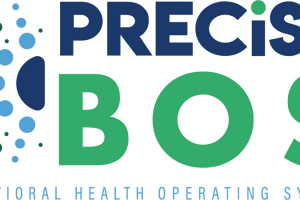The Jeffrey Modell Foundation has launched an advanced screening tool to identify primary immunodeficiencies.
The Jeffrey Modell Foundation (JMF) has announced it is releasing an advanced screening tool that can identify primary immunodeficiencies and save up to $40 billion in unnecessary healthcare costs.
The tool, called the SPIRIT Analyzer (Software for Primary immunodeficiency Recognition, Intervention, and Tracking), is capable of screening up to one million patients in only thirty minutes for a potential Primary Immunodeficiency (PI). PI is a genetic disorder of the immune system that results in increased susceptibility to infections. According to the U.S. National Institutes of Health (NIH), some three to six million Americans suffer from PI, with most unaware of their condition.
The SPIRIT Analyzer matches more than 350 ICD-9 codes to the 10 warning signs of primary immunodeficiency (a guideline created by JMF) to calculate risk points and establish low, medium, and high-risk categories for patients in a particular database. Those that score as high-risk are then encouraged to have additional testing performed.
SPIRIT has undergone a beta test using the IMS Health LifeLink Claims Database containing medical and pharmaceutical claims of over 60 million unique patients from 90 U.S. health plans. In accompanying physician-expert surveys completed as part of the study published in Immunologic Research, results demonstrated significant reductions in acute and chronic infections, pneumonias, hospital and emergency room visits, length of antibiotic treatments, length of hospital stays or days missed as a result of proper diagnosis, and treatment of PI.
“Primary immunodeficiency is an umbrella for about 150 or so disorders,” Vicki Modell told Med City News. “They range in severity from mild to middle, gastro and auto immune and all the way up the spectrum. It really ranges in severity, and we want to pick up the patients from mild to middle. The others are so ill that their symptoms show. This is the group in the middle. This is the group we want to get. They can be treated.”
































